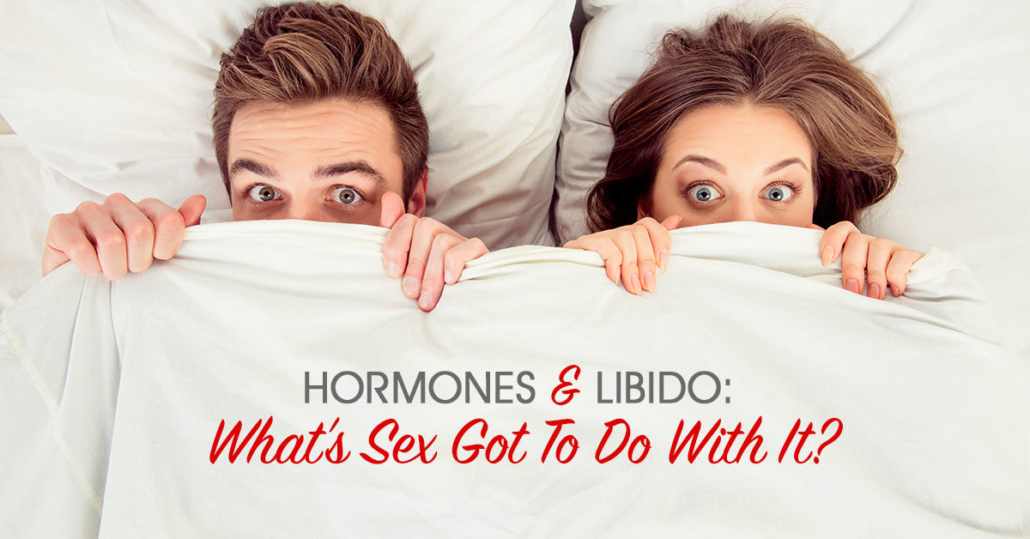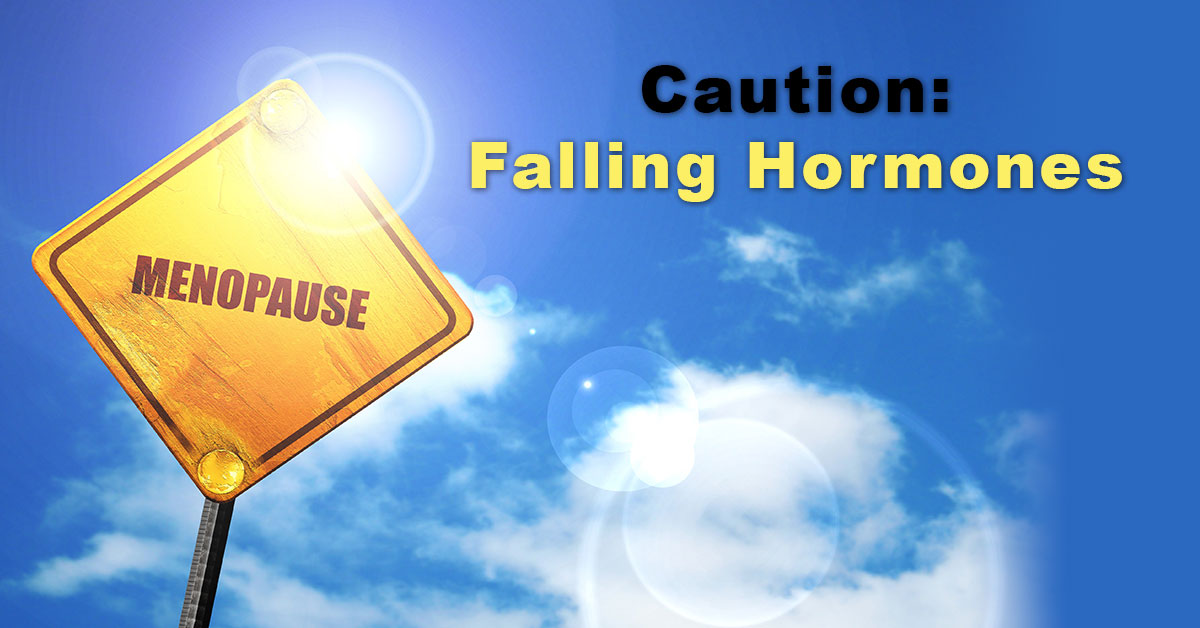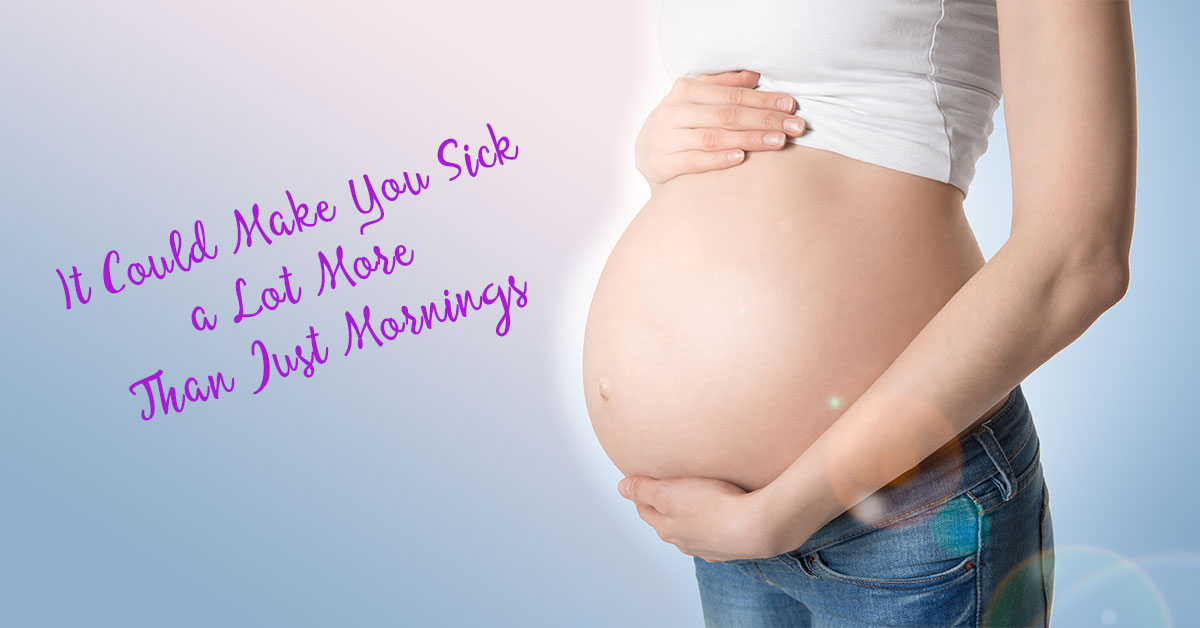HORMONES AND LIBIDO: WHAT’S SEX GOT TO DO WITH IT?

50 SHADES OF “ARE YOU KIDDING ME?”
Libido. One of those words people think they’ve heard of, but aren’t exactly sure. It’s actually pretty easy; libido=sex drive, sexual desire, appetite for sex…all of which you’ve more than just heard of. Active participant and all that. You’d think. But sometimes, the urge dwindles and fizzles. Even fantasies can evaporate. You’re just not feeling it. But you are feeling horrified and puzzled and frustrated. How could this happen?
FREUD OR FRAUD
Freud believed in what he referred to as psychosexual development, a central element of his psychoanalytic sexual drive theory in which human beings, from birth, possess an instinctual libido that develops in five stages. (Not important to elucidate here). Failure to adequately adapt to the demands of these different stages could result in your libidinal (sexual sounds so much clearer) energy becoming dammed up or fixated in one of those stages. Which could manifest itself in adulthood in your unconscious mind. Forget about it. If your sex spirals into a freefall, you’re more than conscious of it. And it has nothing to do with your mind.
MOOD, MEDS AND A MYRIAD OF REASONS
Research shows that nearly a third of women and 15% of men lack the desire to have sex regularly. It’s not just that their libido got lazy. Stress can suppress anyone’s appetite for sex. Life in general is on the sexual hit list; you bring home work you know has a deadline you’re nowhere near, you let the kids jump in bed with you, your drooling, shedding Shetland shares your sheets; turn offs that can turn off anyone’s libido. But not exercising or eating right is right up there on the anti-libido list. As are a host of maladies-cardiovascular disease, diabetes, high blood pressure, depression and menopause to name just a few, and medications-antidepressants, birth control pills, antihistamines, and opioids (kills your pain, dampers your lust). There are culprits around every corner.
WE’RE NOT THE HORNIEST ANIMALS ON THE PLANET
For boys, a burgeoning sex drive starts when their voice still cracks. Girls start with “crushy” around puberty and start thinking seriously about sex sometime after. But just for fun (since loss of libido can be such a downer) here are 14 animals who have the kind of libertine sex drives that would put caveman swingers to shame:
- Emperor Penguins-travel 70 miles to get down to business
- Praying Mantis-never have to pray for it
- Dolphins-freaky for it
- Rhinoceroses-males ejaculate every few minutes
- Bonobos-not just a new men’s clothing chain
- Macaques-perennial spring break
- Short-Nosed Fruit Bats- too acrobatic to go into
- Rabbits-litters of up to 12
- Lions-a lioness is borderline insatiable
- Salmon-must be pretty sexually driven to swim upstream just to spawn
- Brown Antechinus -cute little Aussie rodents that can be compared to your hormone-raging teenage son
- Shaw’s Jird-gerbil-like rodent who can climax upwards of 240 times in a single hour
- Goat-as in “horny old”
- Rarely is heard a “not tonight, hon”
THE BIGGEST APHRODESIAC IS KNOWING THERE’S HELP
One of the biggest reasons “horny” disappears and libido languishes are hormones that are out of balance-too much or too little cortisol (stress hormone), testosterone, estrogen, DHEA, thyroid, oxytocin and vasopressin are examples. Triggers you’d never even come near knowing about. Something that at Denver Hormone Health, their specialized and experienced doctors know all about. While loss of libido isn’t exactly dinner table talk, talking about your issues with any of them can put you totally at ease. With simple tests, they can tell what the trouble is, and develop a totally unique treatment plan that will put your libido back on track. And revved to go. All you have to do is call Denver Hormone Health for a consultation now.
You’ll end up feeling good all over.


